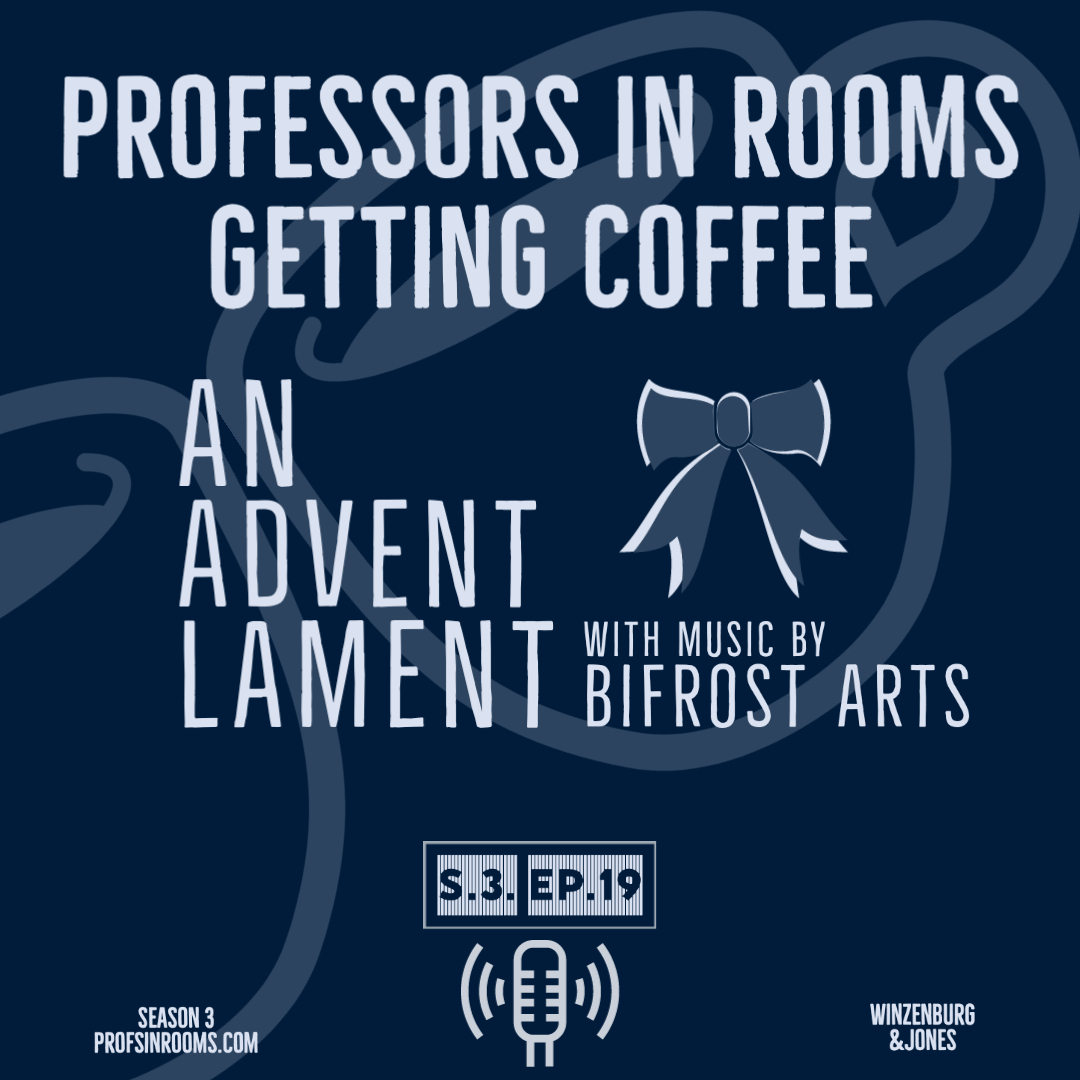Justin and Stephen continue the discussion of Justin’s dissertation about Ephesians and the Roman Empire. In the second part of this three part series, they talk about Speech Act Theory. Justin applies the ideas of Speech Act Theory to Ephesians 5 and Romans 13. In their highlights, lowlights, and insights, Justin shares about a good deal on a book, Stephen talks about trying to maintain multiple languages, and they reflect on accurately interpreting the church as it is today. Also check out Episode 8.5 on Patreon, in which Justin and Stephen talk about understanding the implied audience and why it matters in Biblical Studies. We have show notes for you at profsinrooms.com, and bonus material on Patreon! Find Profs in Rooms mugs and more here
Credits: Regular Theme Music “A New Hope” by MeGustaMusic. This episode was partially recorded on the land of the Wahpekute, Anishinabewaki, and the Očeti Šakówiŋ (Sioux). We may receive commission from Amazon or Bookshop.org for purchases made through some of our links. Those commissions do not reduce authors’ royalties. Thank you for your support.
_ _
Important Update: New Patreon Address!
We've moved to https://patreon.com/envisionberlin
Exciting news for our listeners: More Bonuses: Explore old favorites and fresh exclusives from all Envision Berlin podcasts.
Free Transcripts: We're posting free beta transcripts for all our episodes on our new Patreon page. Dive deeper into our conversations, revisit your favorite moments, and never miss a word of wisdom. Join us at our new home and continue supporting our mission at the intersection of art, faith, and culture.
Thank you for being part of our journey!
¯ ¯

Episode Overview Welcome back to another episode of "Professors, in Rooms, Getting Coffee"! In this episode Stephen and Justin talk about how Stephen sought...

Christmas often comes as a time of light and joy, but it is often highlighted against a backdrop of sorrow. Justin and Stephen explore...

Important Update: New Patreon Address! We've moved to https://patreon.com/envisionberlin Exciting news for our listeners: More Bonuses: Explore old favorites and fresh exclusives from all...